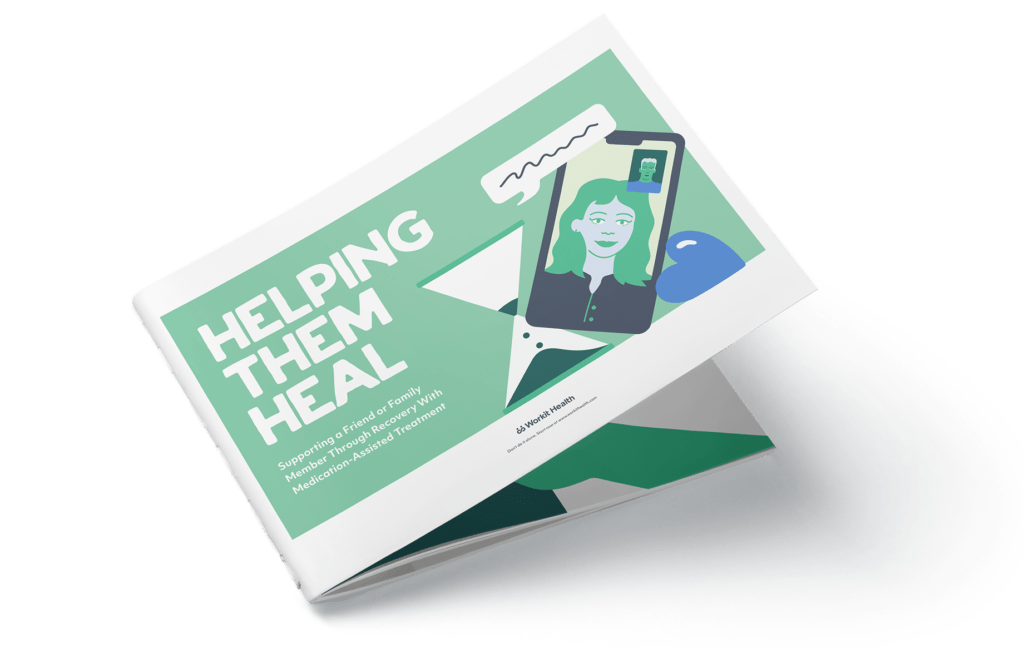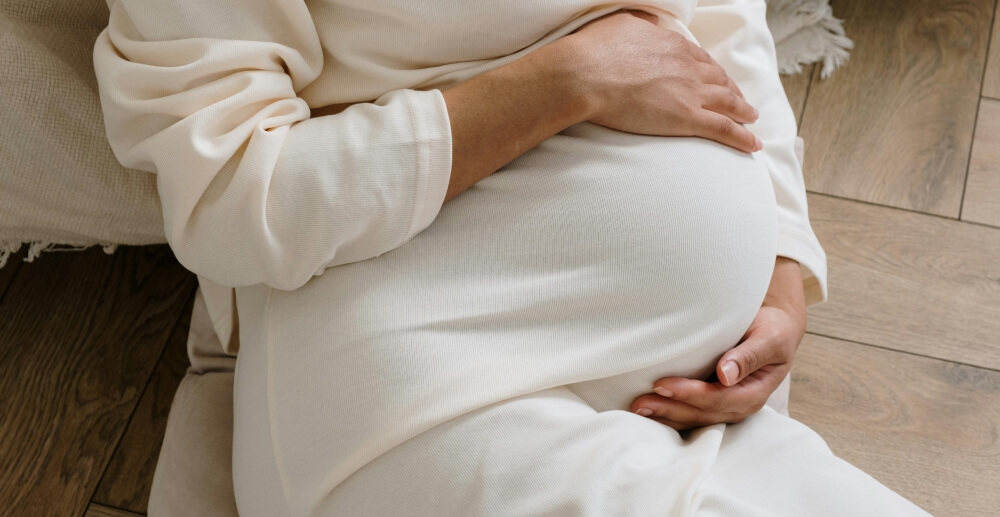Practicing gratitude in recovery’s difficult moments can help us the most.
“At times, our own light goes out and is rekindled by a spark from another person. Each of us has cause to think with deep gratitude of those who have lighted the flame within us.” – Albert Schweitzer
Recovery isn’t a walk in the park. At times it can feel like it takes all of our might not to anaesthetize difficult feelings. And in the midst of that turmoil, the last thing we think of is having gratitude. But practicing gratitude in those moments can actually help us the most: we might notice that more things are working for us than against us, and that life might be challenging but it’s a whole lot less challenging than dealing with it while loaded.
The past couple of years have been very challenging for me. My brother committed suicide, and I moved to the US. Navigating a new life here, coping with adjusting culturally and managing a new business has been the most challenging thing I’ve ever done, especially while processing my grief. In many ways it has been harder than getting sober. I’ve never cried so much or felt so frightened in my entire life. It has felt like jumping out of a plane every single day without anyone to catch me. I have found it hard to make friends here and establish a recovery community. I called my mom to tell her I felt so alone, and she reminded me that I am!
I’ve dealt with a breakup, I’ve fallen off my bike and broken my arm, I’ve been recovering from complex PTSD and adrenal fatigue. I can spend days on my own battling anxiety and depression. Saying it hasn’t been easy is an understatement.
In the midst of that uncertainty is my fear of my failure. That fear, and those challenges have made it hard to appreciate what I have. During these times, I’ve been fortunate to meet kind-hearted people who listen to my woes, empathize, and remind me of the kind of woman I’ve become: someone who can achieve anything I set my mind to. It never occurred to me that few people would take on such a challenge and that I’ve displayed a great sense of bravery and courage that most don’t think they have. While I’ve felt immense fear, I’d never considered the resilience I’ve had.
“We might notice that more things are working for us than against us, and that life might be challenging but it’s a whole lot less challenging than dealing with it while loaded. ”
I was asked on a few podcasts during the past couple of years and each time I’m brought out of my challenges to remember the many things I can be grateful of:
-
The kindness that beautiful compassionate people have shown me.
-
I’m still sober during all of these hard times.
-
I had the opportunity of a lifetime to move to America. I’m very fortunate to have dual citizenship which allow me to live and work in two of the most successful countries in the world. There are others in the world who are way less fortunate.
-
I have the entrepreneurial spirit to start a business from scratch and pay my bills each month — something I didn’t even know I had!
-
I am being paid to do something I love.
-
I’ve been able to forge my own recovery community in Portland.
-
I’m connected to the best health team I’ve ever experienced and have never felt in such good shape today.
-
I feel more empowered in my recovery than I have ever felt.
-
I have agency to direct my life and my recovery in a way that works for me.
Now this isn’t a post to blow my own whistle, it’s to illustrate that when you take a moment to sit back and stop focusing on the negative there is a whole realm of things and beautiful people to be grateful for. It gives me perspective. And it makes life, and recovering within it, feel a whole lot less overwhelming. What are you grateful for?





